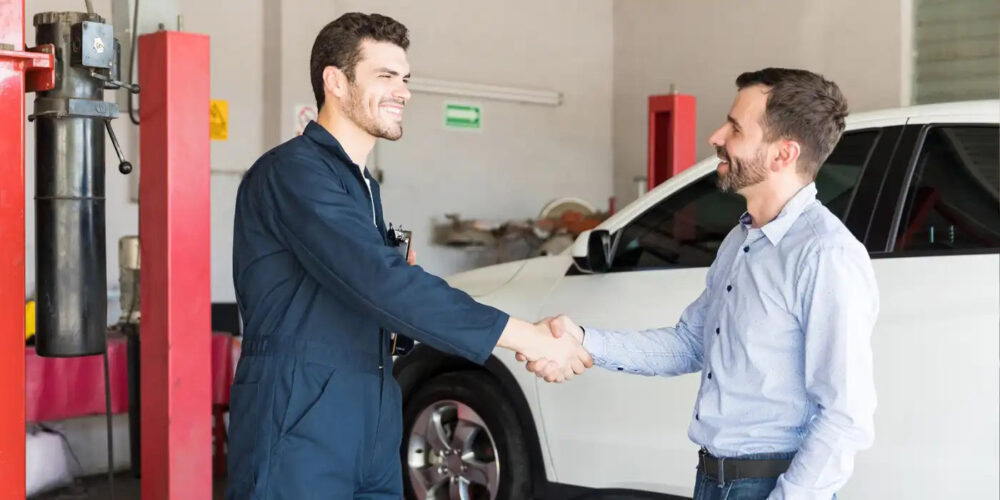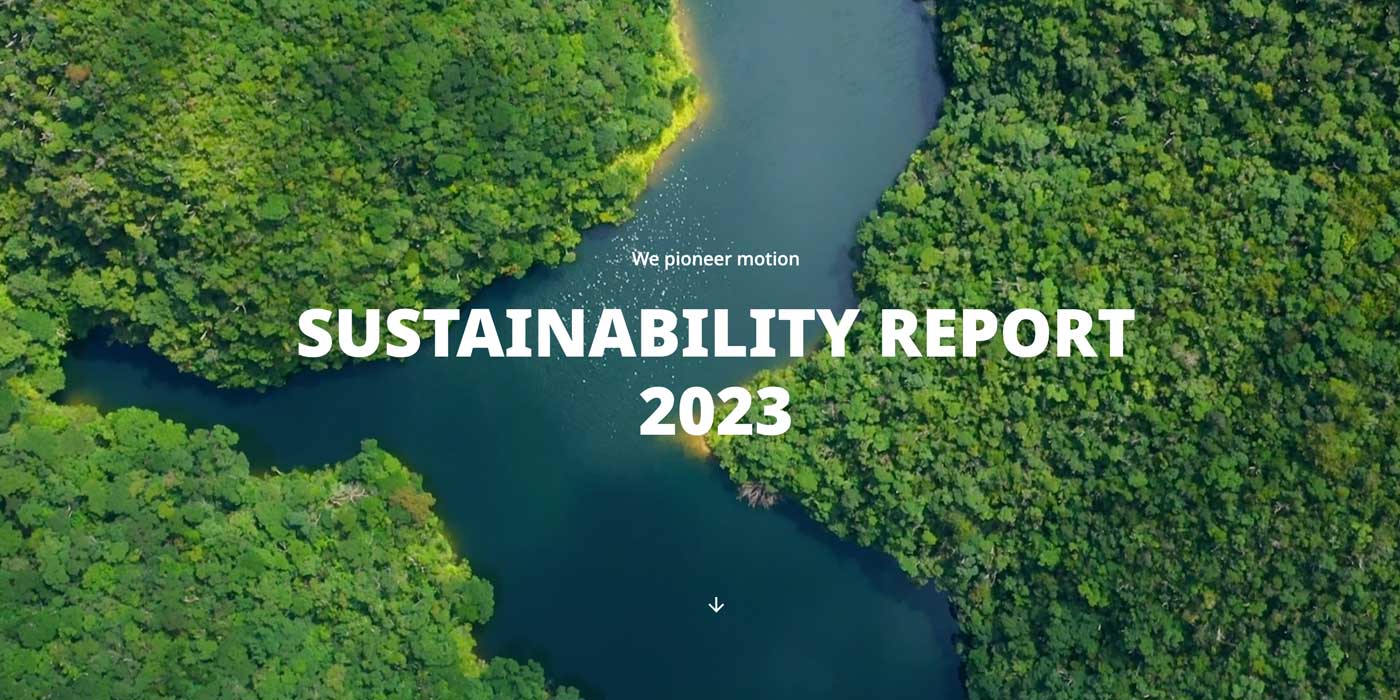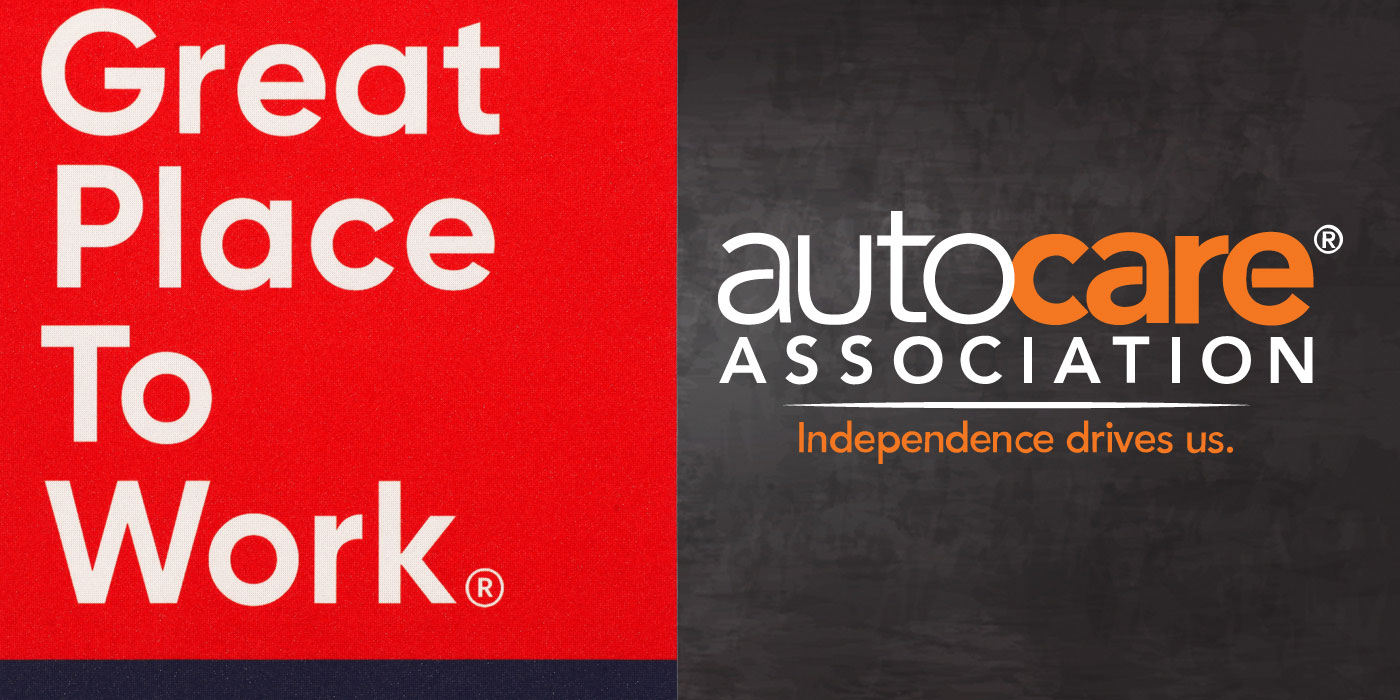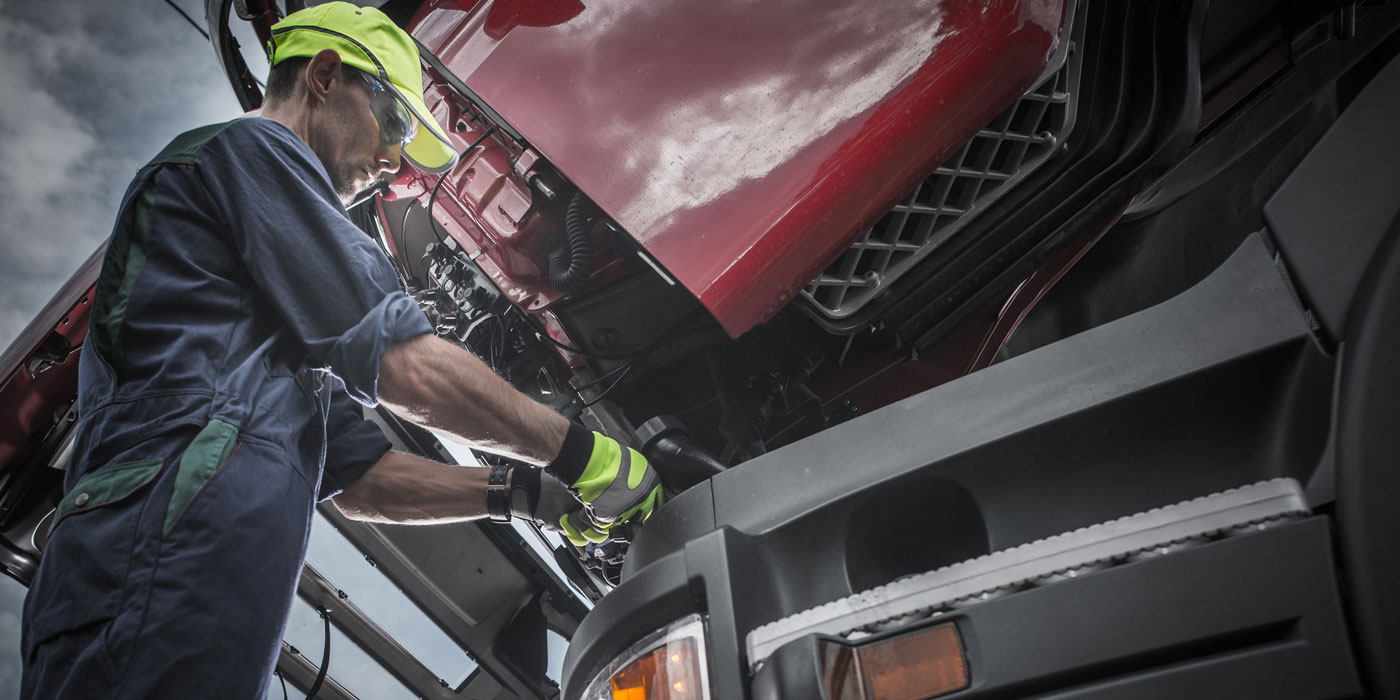If you’ve ever been to a flea market or a big city, you know that knockoffs abound. You can find Rolex watches for $20 or a Gucci purse for $15. The problem is that a knockoff is just that: an inferior product at an inexpensive price. The old adage is true – you really do get what you pay for.
The counterfeiting phenomenon isnt just limited to flea markets or the streets of New York City. Currently, 5 to 8 percent of all goods sold worldwide are counterfeit. At this point, the government has been unable to calculate what percentage of those goods are counterfeit auto parts, but according to government statistics, counterfeiting costs the worlds automotive industry nearly $12 billion annually, with $3 billion of the cost being shouldered by the U.S. automotive industry alone.
Both the U.S. automotive industry and the government are starting to take notice. In September, officials from the office of U.S. Immigration and Customs Enforcement (ICE), a division of the Department of Homeland Security, gathered in Dearborn, MI, to brief automotive industry and aftermarket executives on government anti-counterfeiting programs and intellectual property rights (IPR) investigations. Today, the government is taking a closer look at the connection between the economy and counterfeiting violations.
Brian Moskowitz, ICE special agent in charge, said that the government is now noticing very similar characteristics between the smuggling and trafficking of narcotics and counterfeiting. He said theyve seen a major shift with IPR violations taking on the same characteristics as organized crime activity. Counterfeiting is easier and offers more money than other similar types of crimes such as drug trafficking, according to ICE officials.
Automotive trade shows in particular can be a bonanza for counterfeiters of replacement parts. Some of the companies that make and/or sell counterfeit parts even try to promote these items on the show floor at the Automotive Aftermarket Products Expo (AAPEX). This year, organizers for AAPEX, which takes place Nov. 2-5, in Las Vegas, are warning firms that make or sell fake parts to watch out.
AAPEX has a long-standing policy to take action against counterfeiting, according to Bill Glasgow, Sr. of AAPEX show management company W.T. Glasgow Inc. We take a tough stand against counterfeiters and counterfeit parts at AAPEX, said Glasgow. We have a number of policies we strictly enforce, and we closely police the show with the help of AAPEX sponsoring associations.
In response to a problem that has magnified in recent years, Glasgow said show management has stepped up its efforts to deal with counterfeit products. All exhibitors are sent prior written notification that counterfeiting will not be tolerated.
All of our exhibitors were notified prior to the show, and were doing the same (this year), he added. We sent the letter out the exhibitors in various languages on two different occasions prior to the show, just so that everybody would be aware of it and what the associations stance was on counterfeiting.
In addition, there will be increased staffing at the shows counterfeiting office.
It has become more of a problem, Glasgow said. We always had an attorney there for various reasons, but it was not well orchestrated like it was last year.
AAPEX policy requires exhibitors found displaying counterfeit parts to remove the product and promotional material. If the exhibitor does not comply, the company will be told to close its booth immediately. In addition, show visitors are prohibited from photographing or videotaping in the exhibition area. Any visitor violating this policy will be asked to surrender the film, film disc or video tape.
Exhibitors with concerns regarding other counterfeit products at other exhibits can address their concerns to Glasgow. The show management company will notify one of the attorneys associated with AAPEX specializing in intellectual property rights (IPR) and copyright laws assisting: Marc Fleischaker, Arent Fox; Garry Hayes, esq.; and George Keeley, Keeley, Kuenn & Reid.
This year, the attorneys office will be located adjacent to Booth #12020. Exhibitors are asked to address any complaints to Glasgow prior to contacting the office.
Last year there were 14 incidents of suspected counterfeiting brought to the attention of show management. By taking the proper steps, Glasgow said, all of the incidents were resolved to the satisfaction of the exhibitors.
I can tell you the exhibitors were extremely happy with what we did, Glasgow said. They were happy that the associations and show management were doing something about the problem.
One of the most notable was a complaint brought by Tenneco Automotive, a $3.5 billion manufacturing company that produces and markets ride control and exhaust systems and products, which are sold under the Monroe and Walker global brand names.
Specifically, Tenneco filed suit (after the show) against four Asia-based companies that it believed were displaying counterfeit Tenneco Automotive elastomer products at AAPEX last year. Tenneco alleged that these companies were displaying counterfeit bushings with the Clevite Elastomer and Harris brand names. Many of the counterfeit bushings on display included Tenneco Automotives part numbers and Rubber Manufacturers Association codes.
Automotive suppliers must take swift and aggressive action in protecting the value and integrity of their brand assets and intellectual properties, said Mark Frissora, chairman and CEO, Tenneco Automotive.
All in all, Glasgow said the 14 exhibitors who brought complaints at last years show were pleased with the outcome.
In most instances the exhibitors wrote to their respective associations thanking them for their help and concern.
The Motor & Equipment Manufacturers Association (MEMA), one of the sponsoring associations of AAPEX, has also taken a proactive approach against counterfeiting this past year. The association is working with the ICE office to increase communication between automotive suppliers and border officials in an attempt to stop counterfeit automotive products from making their way into the U.S. in the first place. MEMA helped organized the ICE meeting held in Dearborn in September. In addition, MEMA has been lobbying for stronger criminal laws against counterfeiting, greater government pressure on trading partners to meet international standards for intellectual property protection and fair treatment for U.S. companies bringing complaints of IPR violations against their products in foreign markets.
Its important for suppliers to understand the federal enforcement assets available to catch the people who produce, import and traffic in counterfeit automotive products, said Paul Foley, vice president of MEMAs Automotive Aftermarket Suppliers Association. Federal law enforcement officials and the industry need to share information to trace counterfeit products we find in the market back to their source.
Whether it takes place on the show floor or at the border, there are resources available to protect your company against counterfeiting and IPR violations at the industry association, local, state and federal levels.
Outside of the trade show arena, ICE officials recommended several steps for becoming more proactive when it comes to counterfeiting and IPR protection:
Let upper management know that IPR is an economic issue;
Know the difference between IPR terms and what can or cannot be prosecuted;
Know which states have counterfeiting and piracy laws;
Report violations to local, state and federal enforcement;
Register your copyrights and trademarks;
Initiate and enforce cease and desist orders;
Coordinate intelligence efforts with your trade association.
The IPR is here to provide a service, said David Faulconer, acting section chief of the National Intellectual Property Rights Coordination Center. We want to hear from you. Flood us with your calls. We have a few young agents who would like nothing better than to lock up a bad guy.







